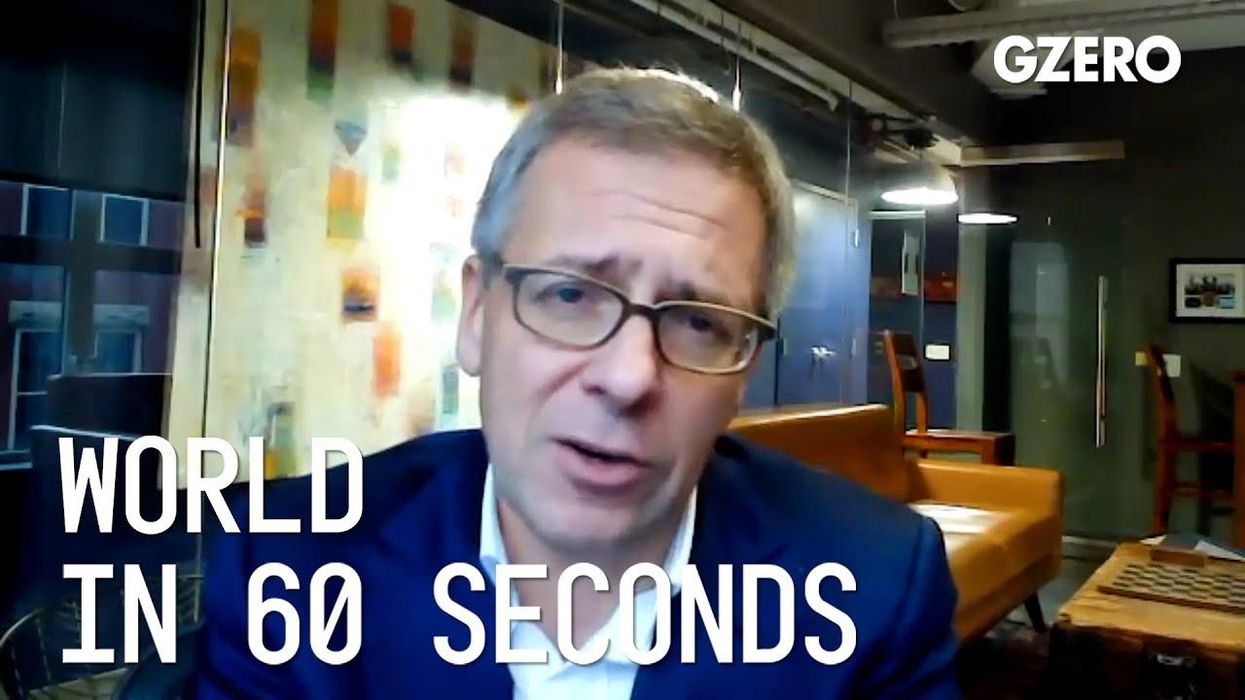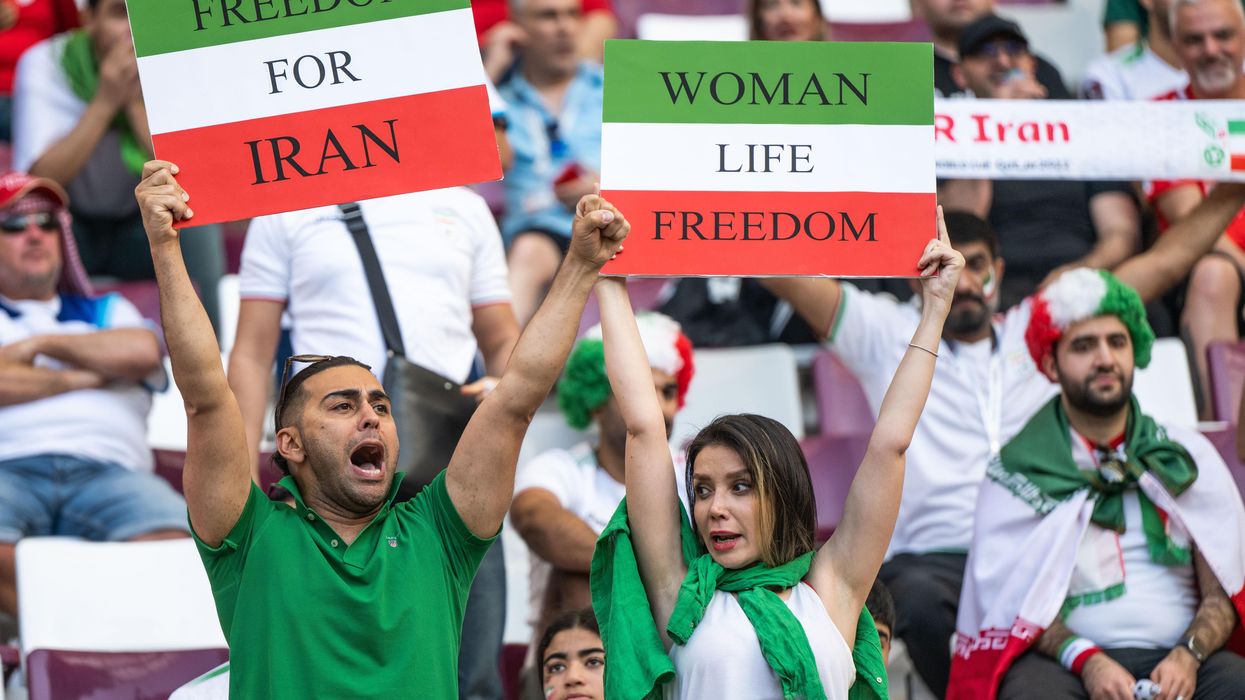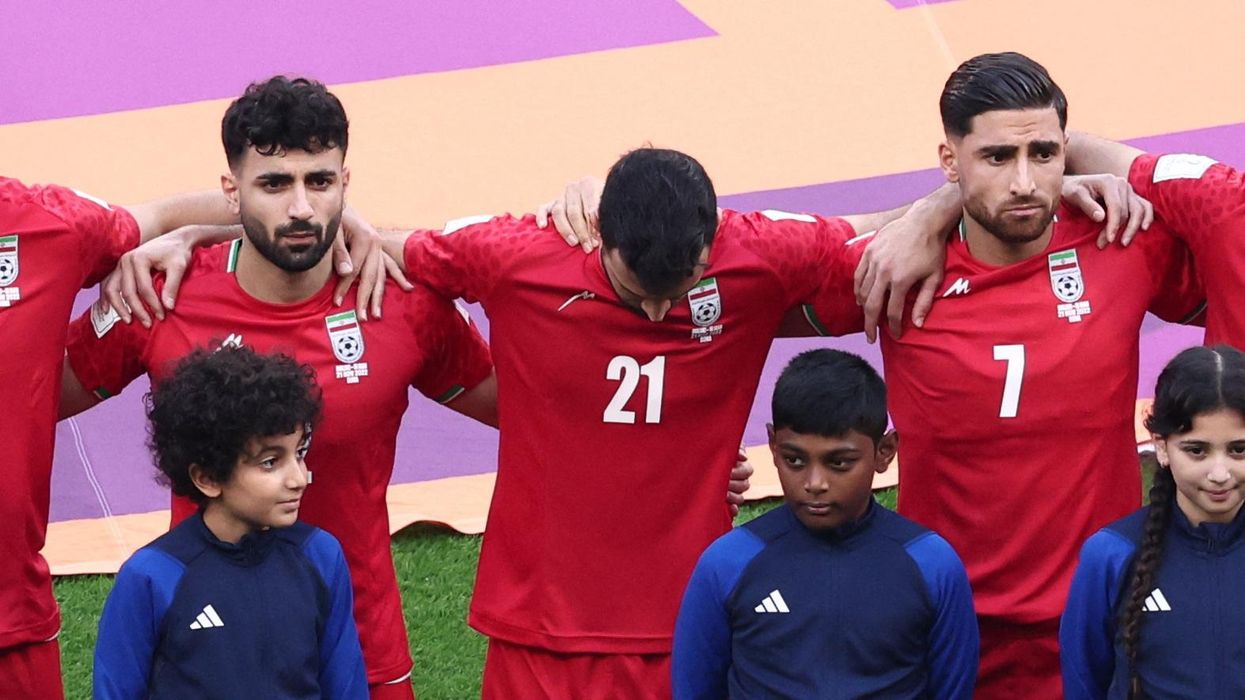ask ian
US-Iran World Cup sportsmanship amid political tensions
How did Iran's attention in the World Cup impact protests at home? Will protests force Xi Jinping to finely abandoned China's zero COVID policy? Why is Mexico and the US fighting over corn? Ian Bremmer shares his insights on global politics this week on World In :60.
Nov 30, 2022



